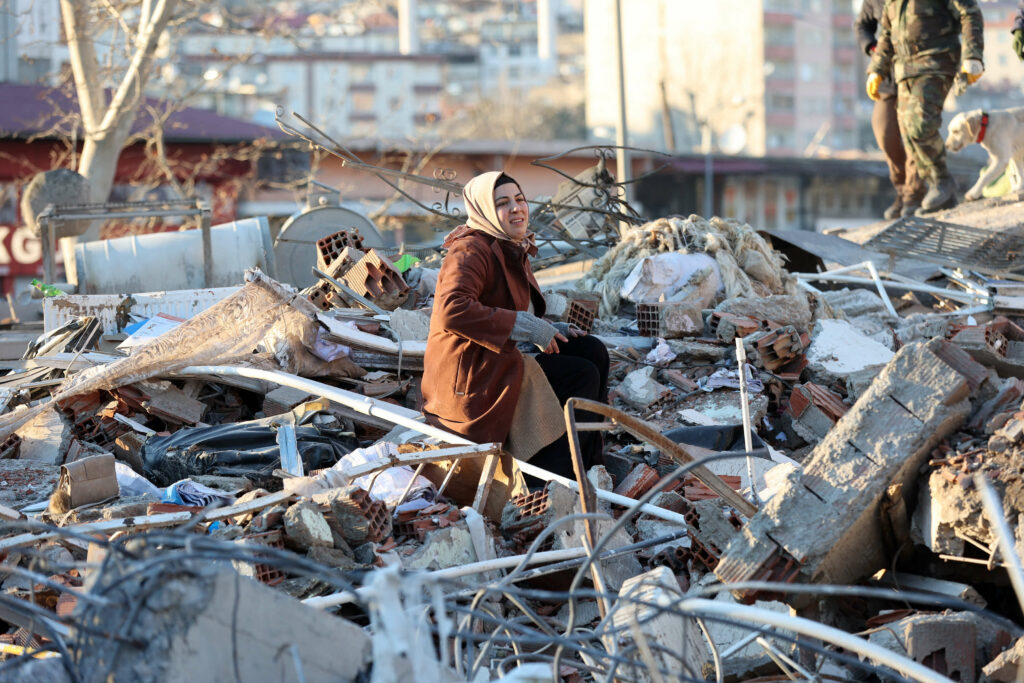There is an urgent need of a sustainable short and long-term response to the health, mental health and psychosocial needs in Turkey and Syria a month after devastating earthquakes struck Turkey, the International Federation of Red Cross and Red Crescent Societies (IFRC) said, the Stockholm Center for Freedom reported.
According to the IFRC, the demand for mental health and psychosocial support and health care is immense, and in some areas where access is difficult, it can hinder recovery and resilience.
“A localised and early health and mental health response is and will continue to be essential to prevent negative long-term and even permanent effects on people’s lives,” said Lauren Clarke, IFRC health coordinator for the humanitarian response in Turkey.
A 7.8-magnitude earthquake that struck near the Turkish city of Gaziantep – home to around 2 million people and on the border with Syria – as people were sleeping on February 6 was followed by dozens of aftershocks, including a 7.5-magnitude temblor that jolted the region in the middle of search and rescue efforts the same day.
Project HOPE, a leading global health and humanitarian organization, earlier said the massive loss of life has had a profound impact on the community’s mental health.
The UN launched a $1 billion funding appeal to support millions of people in Turkey.
UN Secretary-General Antonio Guterres earlier said in a statement that the funds would provide humanitarian relief for three months to 5.2 million people. The money would “allow aid organizations to rapidly scale up vital support,” including in the areas of food security, protection, education, water and shelter, he added.
UN humanitarian agencies will need $397.6 million in funding over the next three months to respond to the most pressing humanitarian needs of 4.9 million people in Syria who have been affected by the quakes, the Office for the Coordination of Humanitarian Affairs (OCHA) said in a statement.
“Many of the damages caused by the earthquake are not visible [in Syria]. People have suffered more than a decade of conflict which has already affected their mental health and wellbeing. This earthquake adds another layer to that. We also have seen that psychological wounds won’t always appear right away,” said Gwendolen Eamer, the IFRC health coordinator in Syria.
The IFRC is an international membership organization uniting 192 Red Cross and Red Crescent Societies.

